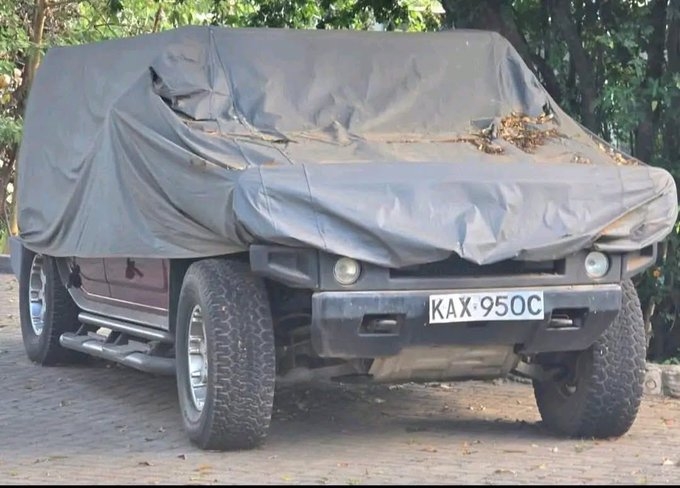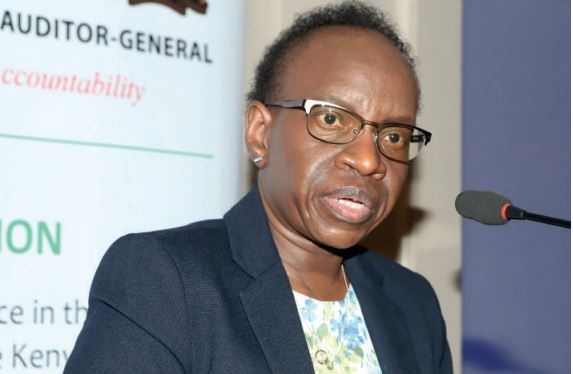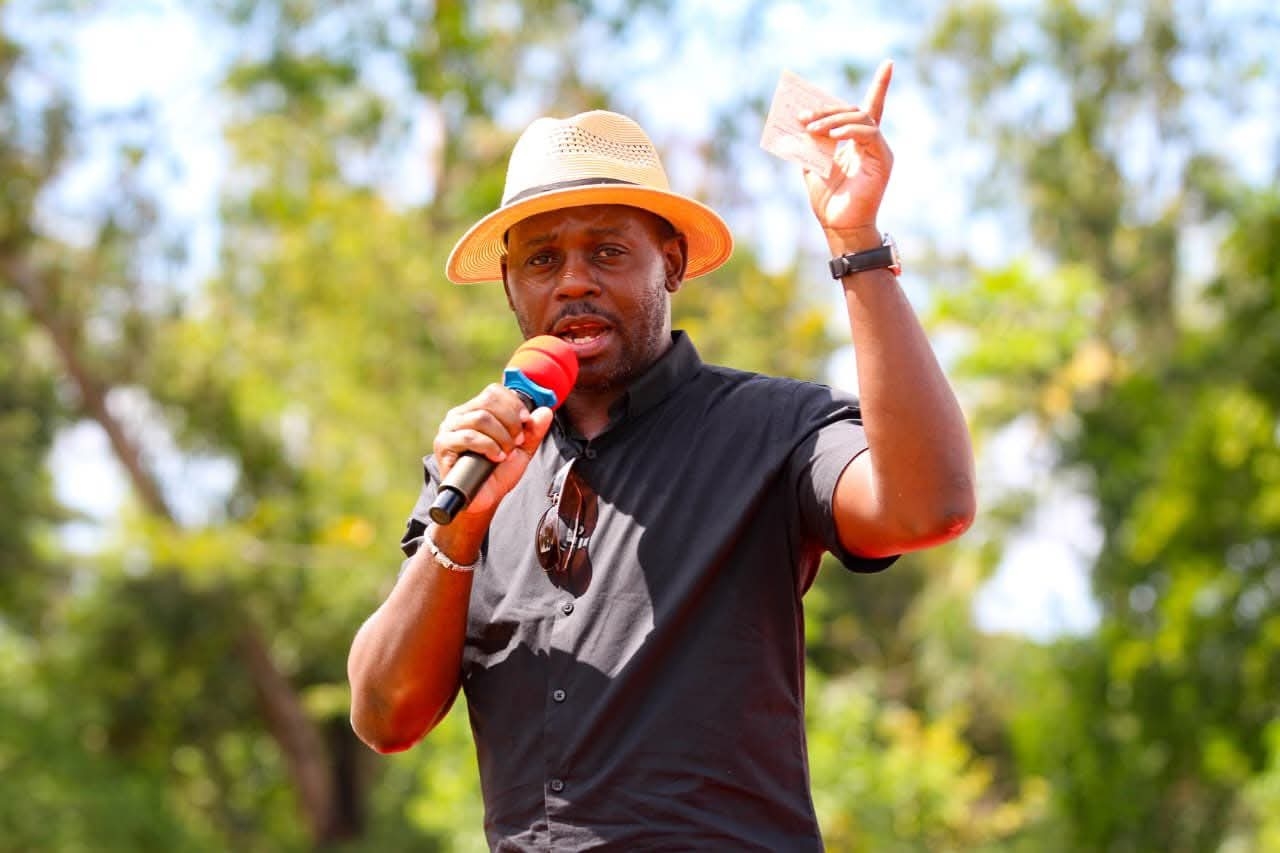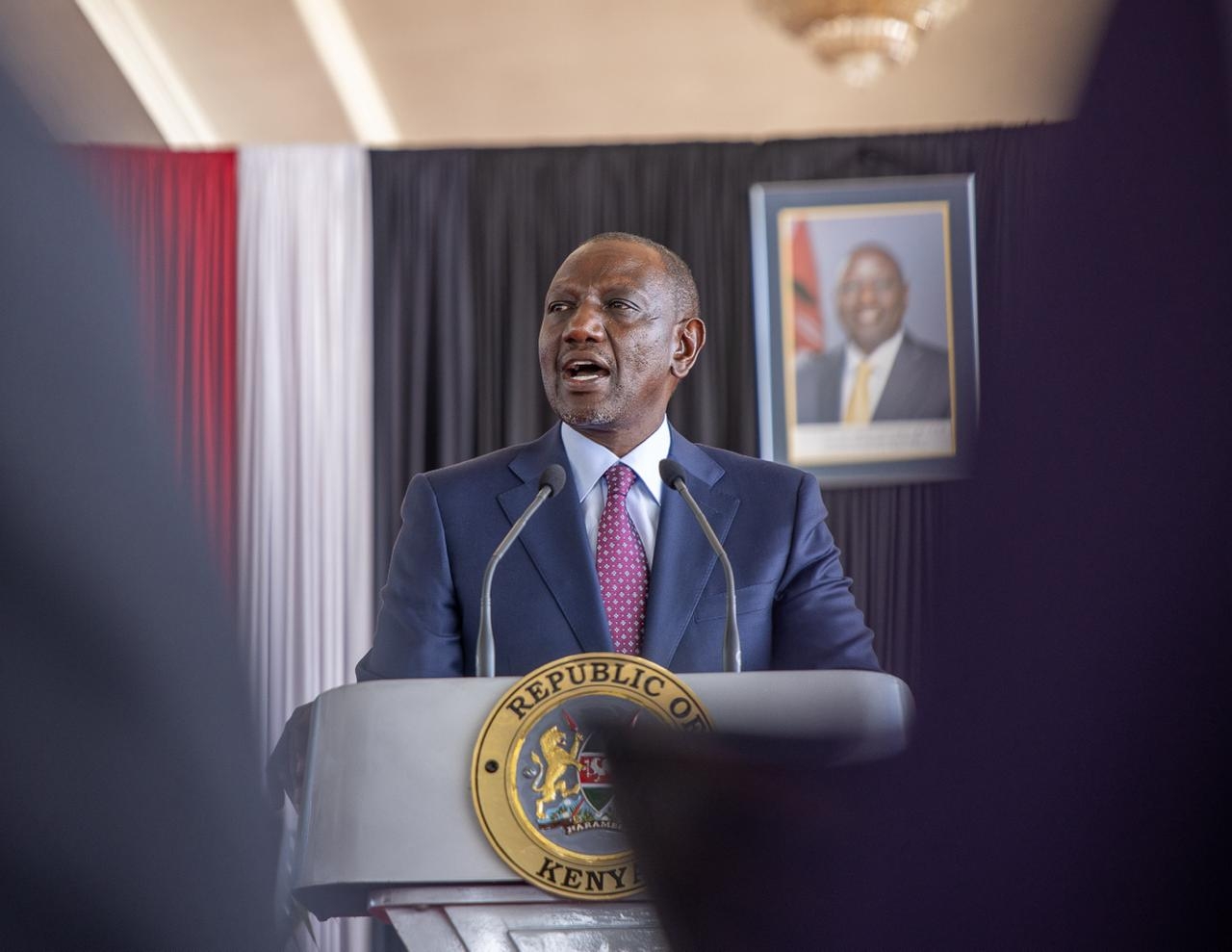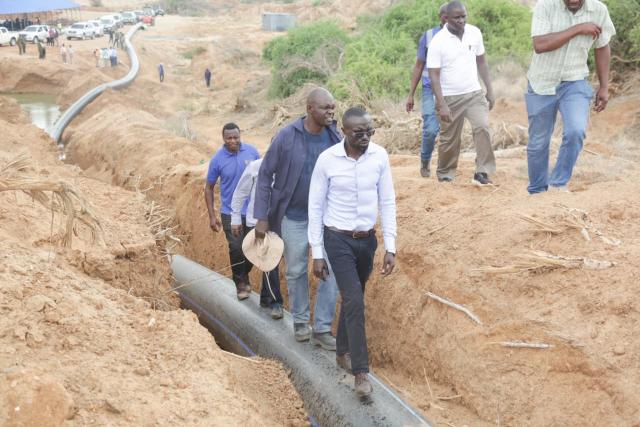
The Galana Kulalu food security project is undergoing a significant expansion, with 1,500 acres more set aside for irrigation.
This is up from the current 1,060 acres already under seed maize production.
Water, Sanitation and Irrigation Cabinet Secretary Eric Mugaa said the 1,500 acres will be cultivated within the next three weeks.
“By the end of the year, a total of 3,200 acres will be under crop. The first crop, planted in May, is expected to mature by early October,” he said.
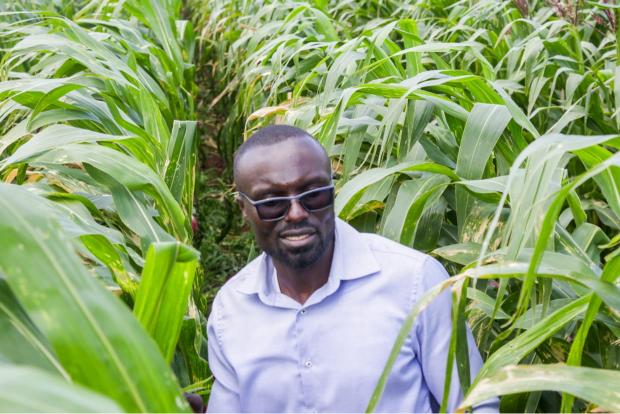
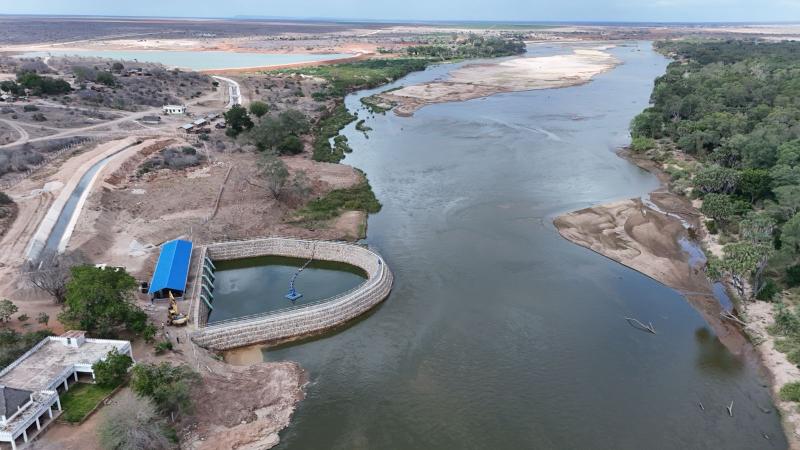
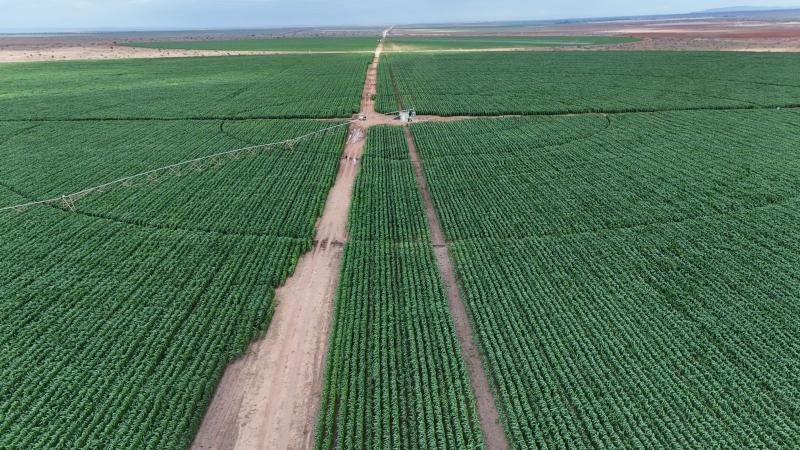
Launched in 2013 under the administration of former President Uhuru Kenyatta, the Galana Kulalu Food Security project was envisioned as a flagship initiative to leverage large-scale irrigation and boost food production. Although it faced setbacks such as budget cuts and other irregularities, the project has registered notable progress, especially in seed maize cultivation.
The project which is in Kilifi and Tana River counties is overseen by the National Irrigation Authority.
NIA says the project seeks to establish a diverse agro-industrial hub, integrating maize, sugarcane, horticulture, dairy and beef ranching, aquaculture, eco-tourism and agro-processing industries.
Following a presidential directive issued on January 4, 2023, the project was restructured under a Public-Private Partnership model. The revised plan includes cultivation on the already developed 10,000 acres and expansion to an additional 10,000 acres in the medium term.
The CS said unlocking the full agricultural potential of the area also depends on critical infrastructure such as the construction of the Sabaki Bridge, which will provide access to more than 200,000 acres of farmland.
“We’ve inspected the bridge and piers have already been built. The contractor is currently precasting beams to support the deck. Once complete, the bridge will facilitate transportation of inputs such as fertiliser to the site,” Mugaa said.
To support irrigation, NIA has also built a small dam with a capacity of 500 cubic metre to serve the crops currently under production. The infrastructure includes intake works, pumping systems and active irrigation.
“As of today, 1,060 acres of seed maize have been planted, with crops at various growth stages. More than seven pivots are in operation and land has been prepared for two more, bringing the total to 1,500 acres under irrigation,” he said.
Mugaa said the bridge is about 50 per cent complete and is expected to significantly improve logistical access to the site. “Our target remains 3,200 acres under crop by the end of the year,” he said.
He was accompanied by Principal Secretary for Irrigation Ephantus Kimotho, Irrigation Secretary Joel Tanui, NIA CEO Charles Muasya and officials from the private partner.
Muasya said the project's progress, noting new water infrastructure developments, including a 20,000 cubic metre intake well, a two-kilometre lined canal, a 550,000 cubic metre reservoir, and a 20,000 cubic metre offtake sump. “These facilities are currently being used to support seed maize irrigation,” he said.


